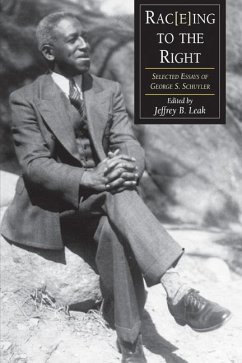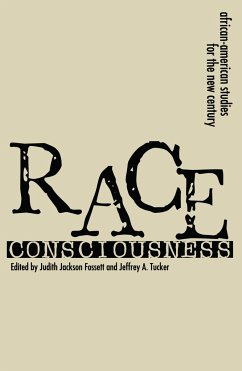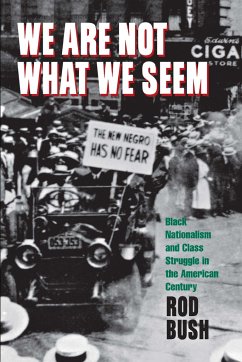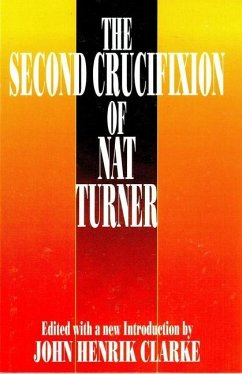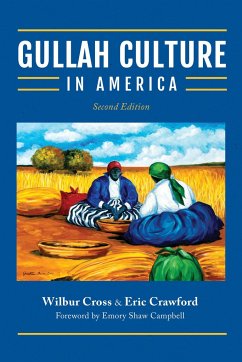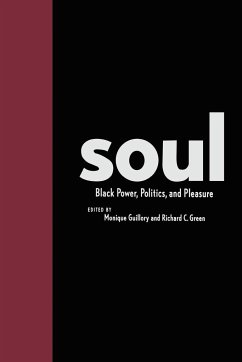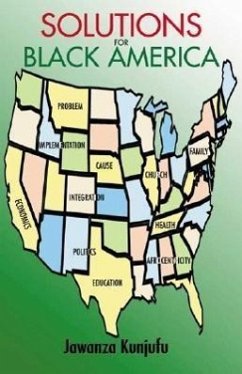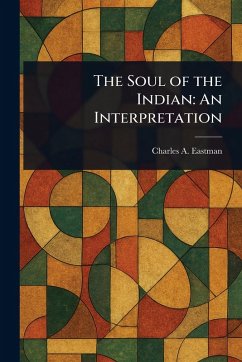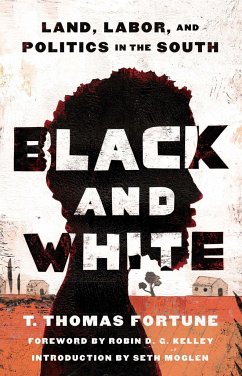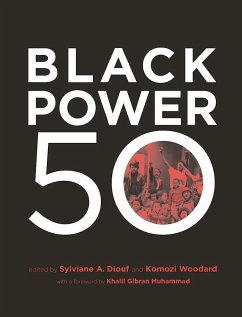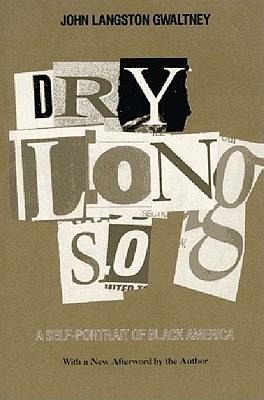
Drylongso
A Self-Portrait of Black America
Versandkostenfrei!
Versandfertig in über 4 Wochen
18,99 €
inkl. MwSt.

PAYBACK Punkte
9 °P sammeln!
In reaction against portrayals of blacks as pimps and hustlers, anthropologist Gwaltney (Syracuse) here presents interviews with 41 black relatives, friends, and acquaintances. While the individuals are of interest and a group portrait does emerge, the enterprise would have been better served by a less loving hand. All 41 are presented as unbelievably noble in the short but saccharine individual introductions (e.g., "If life were a matter of rich recompense for noble service, Mrs. Surrey's wealth and happiness would defy estimation"). Most are poor yet worthy, suffering muggings and discrimina...
In reaction against portrayals of blacks as pimps and hustlers, anthropologist Gwaltney (Syracuse) here presents interviews with 41 black relatives, friends, and acquaintances. While the individuals are of interest and a group portrait does emerge, the enterprise would have been better served by a less loving hand. All 41 are presented as unbelievably noble in the short but saccharine individual introductions (e.g., "If life were a matter of rich recompense for noble service, Mrs. Surrey's wealth and happiness would defy estimation"). Most are poor yet worthy, suffering muggings and discrimination with equal dignity. Throughout, Gwaltney tries to develop his idea of "core black culture," a culture not dependent on or derivative of white culture and whose values range from sacrifice for family and kin to tolerance, nationhood, and soul food. The people interviewed serve as cultural models as they hold forth on whites ("White folk are how folks and black folks are what folks"), on the importance of names ("If it's not worth the trouble to you to find out what I want to be called, then don't bother to call at all"), and on "turn," the traditional civility required of children and young adults toward their elders. Not all is peaches and cream, however, as others describe traditional divisions among blacks based on color and on sex ("When you come right down to it, white women just think they are free. Black women know they ain't free"). Most condemn welfare, along with drugs, as two ways of getting hooked; and many of these lace-curtain blacks fear the day-to-day dangers of the street. An antidote to seamy portrayals of ghetto life, but too generous a dosage. (Kirkus Reviews)





